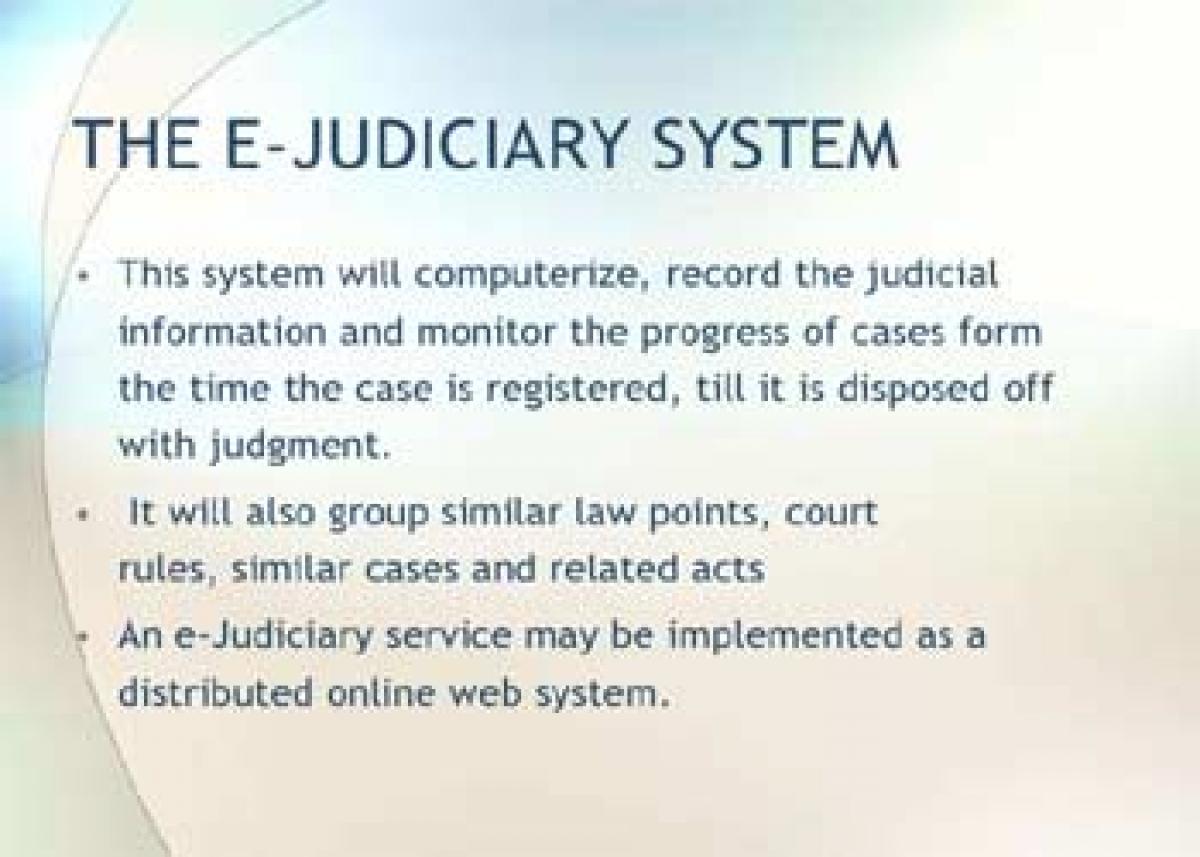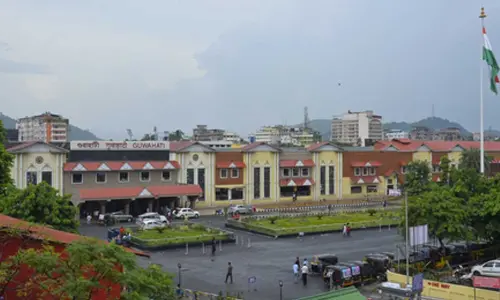What is National Judicial Data Grid?

What is National Judicial Data Grid. The latest consolidated figures of district-wise pending cases would be now a click away following the launch of the National Judicial Data Grid (NJDG).
 The latest consolidated figures of district-wise pending cases would be now a click away following the launch of the National Judicial Data Grid (NJDG). The Grid will give litigants and others the consolidated figures of pending cases in the country’s District Judiciary. Aimed at promoting transparency and access to information for all stakeholders in the justice delivery system, the NJDG public access page can be visited at the National eCourts portal, ecourts.gov.in'.
The latest consolidated figures of district-wise pending cases would be now a click away following the launch of the National Judicial Data Grid (NJDG). The Grid will give litigants and others the consolidated figures of pending cases in the country’s District Judiciary. Aimed at promoting transparency and access to information for all stakeholders in the justice delivery system, the NJDG public access page can be visited at the National eCourts portal, ecourts.gov.in'.
The National Judicial Data Grid is a part of the on-going e-Courts Integrated Mission Mode Project. NJDG will work as a monitoring tool to identify, manage & reduce pendency of cases. It will also help to provide timely inputs for making policy decisions to reduce delay and arrears in the system, facilitate better monitoring of court performance and systemic bottlenecks, and, thus, facilitate better resource management. The NJDG will cover all categories of cases, including those relating to juvenile justice system.
Presently, NJDG contains information on 1.94 crore pending cases out of approximately 2.7 crore cases of district judiciary under all the high courts of country except Madhya Pradesh and Delhi, where case data is being migrated to national version of Case Information Software. One of the key benefits of computerisation of courts is the automation of case management. Moreover, all courts are to be linked to be part of a National Judicial Data Grid, which would result in the creation of a National Arrears Grid.
Citizens will be able to avail services through a Judicial Service Centre at every court complex. These would include filing of cases, availability of certified copies of orders and judgments, information about case status etc. Andhra Pradesh is far ahead of others in computerisation. The case management system is a process which increases judicial control over identification of substantive issues and optimises the time required to complete the procedural steps of litigation.














